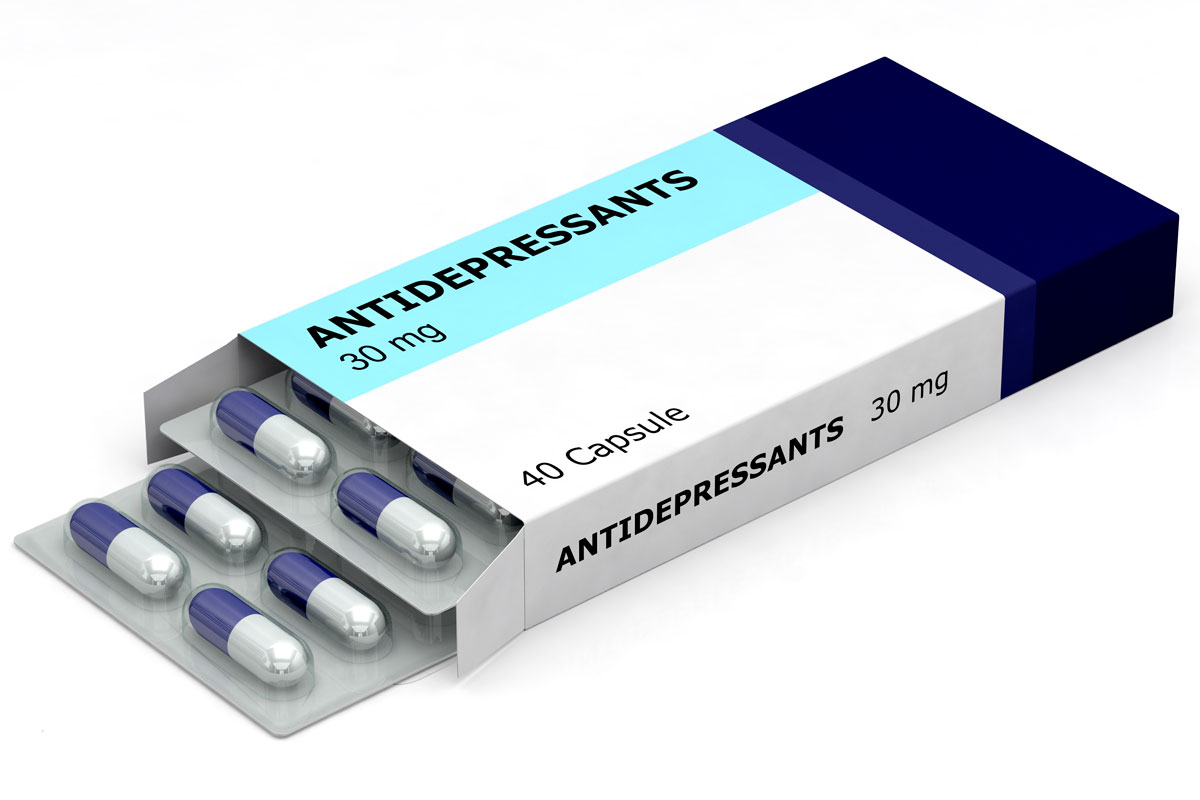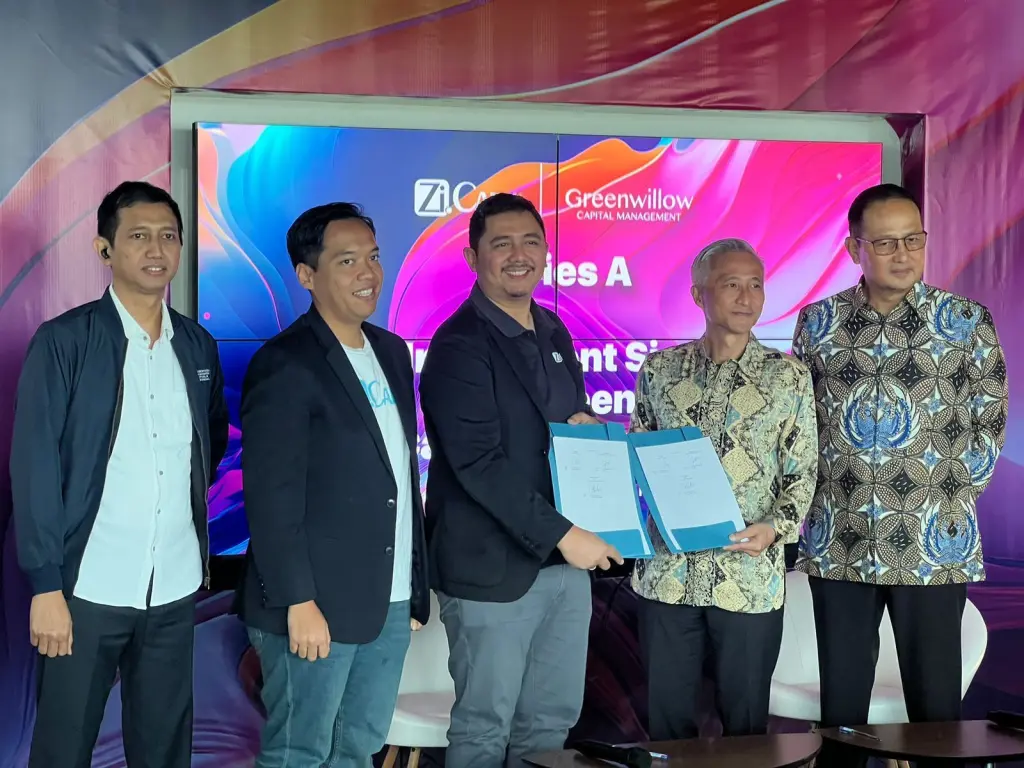Its been 7 days since I last posted on quality standards for patient clinical records.
To continue on JCI hospital accreditation standards, this Thursday morning I am posting away this post drafted over the last 4 days, sharing with you my experiences on the JCI Standard MCI.19.2 and JCI Standard MCI.19.3. These 2 standards relate to the quality of patient clinical records.
JCI Standard MCI.19.2 states that “organization policy identifies those authorized to make entries in the patient clinical record and determines the record’s content and format”.
Thus, the person(s) who have the authority and right to document in a patient clinical record must be as defined by the hospital’s policy. This would mean all writers who document in a patient clinical record – doctors especially, must be trained in and/or briefed and follow their hospital’s standards and policies for documentation.
A hospital policy for patient record documentation must define by job title and function, including students in academic settings as those authorised to make entries in the patient clinical record The policy must determine the format and location of entries, contain a process to ensure that only authorised individuals make entries in patient clinical records, contain a process that addresses how entries in the patient record are corrected or overwritten, provides identities of those authorised to have access to the patient clinical record and thereby have the obligation to keep the information confidential, and also contains a process to ensure that only authorised individuals have access to the patient clinical record and if information is compromised then it also contains a process to be followed when confidentiality and security are violated. If your hospital policy satisfies these provisions, then the MEs of MCI19.2 surely be in full compliance (graphic below gives a summary of the policy, double-click on graphic for a larger view of this graphic in a new tab, of the same window of your browser).
In Malaysia, training and awareness on the right to document in patient clinical records by doctors begins during their internship. “A Guidebook for House Officers”, published 23 April 2008 by the Malaysian Medical Council, clearly states that “in Malaysia, pursuant to the Medical Act 1971, internship is only imposed upon after graduation. The two-year internship combines service and training roles. It is formulated in such a way to ensure medical practitioners like you gain appropriate knowledge, skill and experience as well as correct attitude rather than merely employment and provision of services”. This training roles includes that regarding documentation in the patient clinical record as in section 4.4, page 32 of this guidebook.
If the author, the date and the time for each patient clinical record entry especially for timed treatments or medication orders can all be identified successfully, then you patient record satisfies the Standard MCI.19.3 which states that “every patient clinical record entry identifies its author and when the entry was made in the record”.
However the requirement that the author, the date and the time for each patient clinical record entry especially for timed treatments or medication orders, must be stipulated in the hospital policy.
I think it is also wise to include in the policy that the authors should sign with their legal signature (your last name and legal first name or initials), no nicknames should be used, and initials should follow their name indicating their status as a specific caregiver, depending on local statutes and regulations which I think is lacking in Malaysia, but take note that this is not required(no mention) by JCI Standard MCI.19.3
I did not cover in this post about counter-signatures, telephone order (T.O.), voice order (V.O.), Fax Signatures, Electronic Signatures, and Signature Stamps, but of course all these other modes of documentation entries can be included in the policy.
Here I remember the familiar ISO 9001 cliché “say what you do and do what you say”, is to document everything that everyone does. You also must have heard the “wasn’t documented, wasn’t done” motto which is a common one in healthcare settings.




































